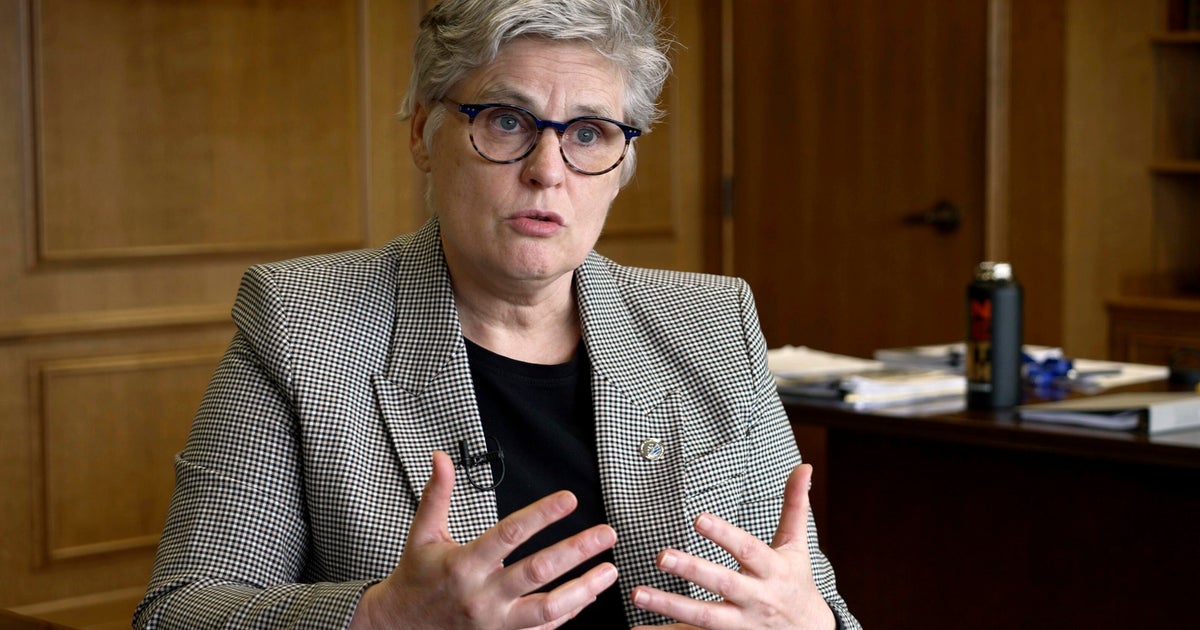Special Prosecutor on Pill Mills Speaks to CBS 4
A man well-known to South Floridians will be in charge of the state's effort to crack down on pill mills.
Dave Aronberg, a former State Senator and Assistant Florida Attorney General known for his work on the Miss Cleo case, is taking the reins of the state's effort to punish doctors who illegally dispense prescription drugs and shepherd a new effort of state, local and federal forces.
"It's a crisis," Aronberg told me. "In my opinion, it is the number one public safety threat to Floridians. Prescription drug abuse kills more than 7 Floridians a day."
Aronberg said this is the first time state and local officials along with the feds have been in the same room discussing ways to combat the pill mill crisis.
Aronberg explained the new effort is comprehensive -- encompassing criminal, civil and legislative methods along with prevention efforts to stem the tide of rogue pain clinics and doctors illegally prescribing drugs to people who doctor shop.
As we've reported, Florida is one of only a handful of states without a Prescription Drug Monitoring Program (PDMP). After numerous attempts, the state legislature finally created one but it's been held up due to funding. Over the years, that has led to people traveling from other states to Florida to get their hands on large quantities of oxycontin and other drugs that sell for top dollar in their states.
Aronberg believes the PDMP, which will track prescriptions, will make a difference. He also cited several other new proposals that could help stem the tide.
"There will be an upper limit on the number of oxycontin pills that can be prescribed by these doctors," Aronberg said. "Right now there is no limit."
Also, every patient must have patient plan by the doctor and a patient must undergo urinalysis before treatment, proving that there aren't illegal drugs in their system.
Attorney General Pam Bondi laid out a series of legislative recommendations that take aim at pill mills including:
* A 6-month suspension and $10,000 fine for doctors who violate standards of care when prescribing controlled substances.
* A criminal penalty for those who use fraud or misrepresentation to register as a pain clinic.
* A criminal penalty for doctors who fail to perform a physical exam before dispensing 72-hours worth of controlled substances.
Aronberg believes 2011 will be the year that the state turns the corner on pill mills, after these new proposals take effect.
He offered a warning to pain clinics that don't follow the law.
"Pain clinics can expect that we will be criminally prosecuting them and shutting them down," he said.







